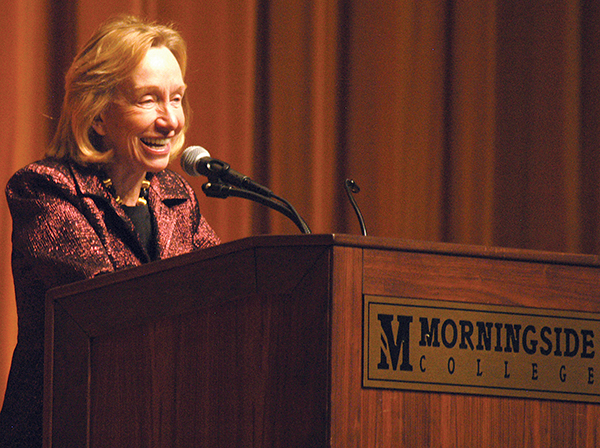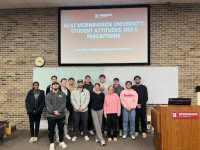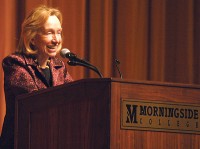 By Gustav Hollnagel–
By Gustav Hollnagel–
If you weren’t there for the Waitt Lecture tonight you missed out. Doris Kearns Goodwin laid out a phenomenal display of historical presidencies and their relationship and practicability to modern political contexts. Particularly when we are experiencing such a seemingly contentious and aggravating debate, it might be helpful to take some time and reflect about the past political cultures and their presidents’ reactions but also actions in response to their challenging times.
Goodwin used the historical contexts of Lincoln and FDR to draw some comparisons between the two in terms of where they showed similarities in character and behavior in office. She named a numerous amount of factors that she then applied to the potential leadership of either political candidate, Romney or Obama.
She said no matter the hardships or the severity of the challenges that either Lincoln faced with the Civil War, or that Johnson faced with the Civil Rights Movement, let alone the great challenge of leading a country as a paraplegic, if we examine the terms that FDR put on his back to lead the country through the Great Depression and World War II. These presidents remained calm, put aside their differences, resented the idea and usefulness of resentment itself, called upon their rivals and opponents to promote the ideology of a functional political team, and simply took their time to replenish their energy when they deemed fit and inescapable.
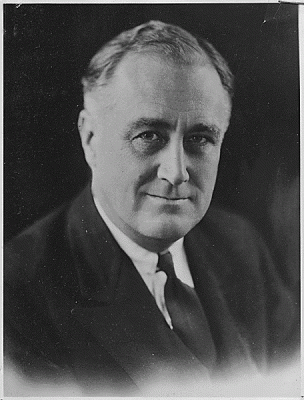
Today’s political culture has been much scrutinized and penalized by the media and the way we examine political debates and speeches. Goodwin pointed out that analysts take away meaning and time for reflection on a political debate once they start pointing out the perceived criticisms in immediately following media coverage. Public figures see their families exposed to disclosure of privacy and public digestion of their private life choices. Goodwin asked whether the knowledge about Roosevelt or Lincoln’s pre-presidential lives had mattered in terms of their ability to engage their leadership for the good of the country. I agree with her rhetoric and would say that it hadn’t made a difference back then, but today it would.
The way that Goodwin displayed the connections between historical political culture made me want to be a politician and live in the times where public figures and officials could joke about their lives and apply seriousness when needed, not when commonly expected. How many times have we seen a genuinely humorous instant between Romney and Obama? Most of it seems staged or compelled in the lights of publicity and public scrutiny. The connections of this nature also made me wish I could live in the past and see for myself how personality has affected leadership.
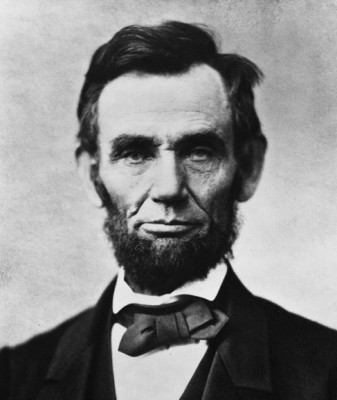
We all know that today’s day and age is not easy to handle, and the political tools have been more and more challenging to veer towards cultural unity. I believe that Obama, and in fact all leaders of this world face the most challenging times due to globalization and constant public exposure. Nonetheless, tonight’s lecture proved that there is hope and evidence for modern age politicians to draw upon the historical underpinnings of great personality and concurrent political hardships. Lesson learned. I wished I had seen Romney and Obama’s reaction to this speech. I am sure it would have shown them that the past can be the present and the future – it all just depends on how you select to embrace or reject it.
—
